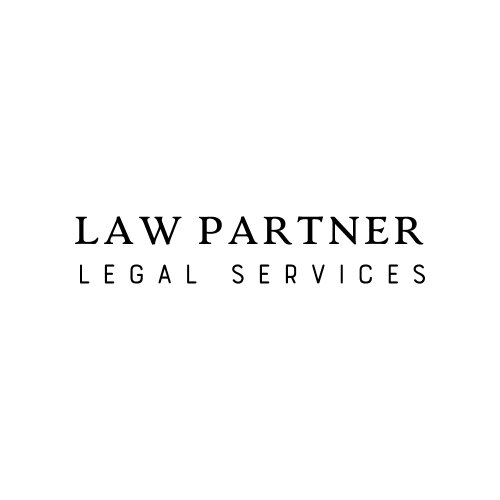Best Securities Lawyers in Republic of Lithuania
Share your needs with us, get contacted by law firms.
Free. Takes 2 min.
Or refine your search by selecting a city:
List of the best lawyers in Republic of Lithuania
About Securities Law in Republic of Lithuania:
Securities law in the Republic of Lithuania governs the issuance, trading, and regulation of various financial instruments, such as stocks, bonds, and derivatives. This area of law aims to protect investors and maintain the integrity of the financial markets in Lithuania.
Why You May Need a Lawyer:
You may need a lawyer for securities matters in Lithuania if you are facing legal issues related to securities fraud, insider trading, regulatory compliance, or investment disputes. A lawyer can provide guidance on navigating complex securities laws and represent your interests in legal proceedings.
Local Laws Overview:
In Lithuania, securities laws are primarily regulated by the Securities Commission and the Financial Supervisory Authority. Key aspects of local laws include requirements for disclosure of information, registration of securities offerings, and enforcement of securities fraud laws.
Frequently Asked Questions:
1. What is the role of the Securities Commission in Lithuania?
The Securities Commission in Lithuania is responsible for supervising and regulating securities markets, ensuring transparency and investor protection.
2. How can I report securities fraud in Lithuania?
If you suspect securities fraud in Lithuania, you can report it to the Securities Commission or the Financial Supervisory Authority for investigation.
3. What are the requirements for registering a securities offering in Lithuania?
Any company wishing to offer securities in Lithuania must register the offering with the Securities Commission and comply with disclosure requirements.
4. Can I sue for securities fraud in Lithuania?
Yes, you can file a civil lawsuit for securities fraud in Lithuania and seek damages for any losses incurred as a result of the fraud.
5. What protections are in place for investors in Lithuania?
Investors in Lithuania are protected by laws that require disclosure of information, prohibit insider trading, and regulate the conduct of financial professionals.
6. How can a lawyer help me with securities arbitration in Lithuania?
A lawyer can represent your interests in securities arbitration proceedings in Lithuania, helping you navigate the arbitration process and advocate for a favorable outcome.
7. What are the penalties for securities fraud in Lithuania?
Penalties for securities fraud in Lithuania may include fines, imprisonment, and civil liability for damages suffered by victims of the fraud.
8. What are the key differences between securities laws in Lithuania and other countries?
Securities laws in Lithuania are generally harmonized with EU regulations, but there may be specific nuances and requirements that differ from other countries.
9. Can I seek legal advice on securities matters from a law firm in Lithuania?
Yes, there are law firms in Lithuania that specialize in securities law and can provide legal advice and representation for securities-related issues.
10. What rights do shareholders have in Lithuania?
Shareholders in Lithuania have rights to participate in shareholder meetings, vote on corporate matters, and receive dividends, among other rights protected by securities laws.
Additional Resources:
For more information on securities laws in Lithuania, you can visit the website of the Securities Commission or consult with a local law firm specializing in securities law.
Next Steps:
If you require legal assistance with securities matters in Lithuania, consider reaching out to a qualified securities lawyer for guidance on your rights and options for resolving any legal issues you may be facing.
Lawzana helps you find the best lawyers and law firms in Republic of Lithuania through a curated and pre-screened list of qualified legal professionals. Our platform offers rankings and detailed profiles of attorneys and law firms, allowing you to compare based on practice areas, including Securities, experience, and client feedback.
Each profile includes a description of the firm's areas of practice, client reviews, team members and partners, year of establishment, spoken languages, office locations, contact information, social media presence, and any published articles or resources. Most firms on our platform speak English and are experienced in both local and international legal matters.
Get a quote from top-rated law firms in Republic of Lithuania — quickly, securely, and without unnecessary hassle.
Disclaimer:
The information provided on this page is for general informational purposes only and does not constitute legal advice. While we strive to ensure the accuracy and relevance of the content, legal information may change over time, and interpretations of the law can vary. You should always consult with a qualified legal professional for advice specific to your situation.
We disclaim all liability for actions taken or not taken based on the content of this page. If you believe any information is incorrect or outdated, please contact us, and we will review and update it where appropriate.
Browse securities law firms by city in Republic of Lithuania
Refine your search by selecting a city.















